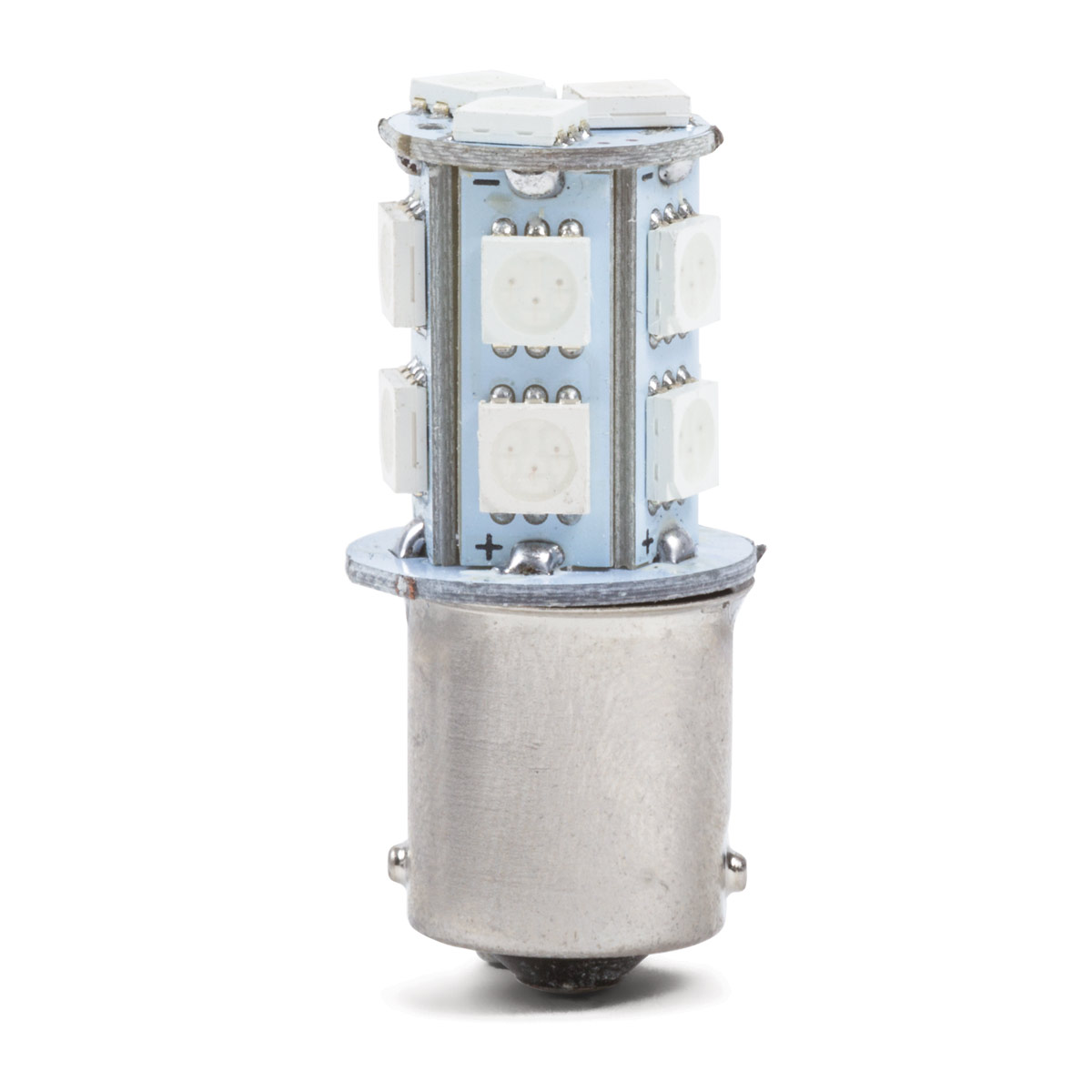
Kimball Company was purchased from the last remaining Kimball family heir by Mr. Kimball had slipped from being the world's largest piano maker to the seventh largest, and it was nearly insolvent. In the mid-1950s, Kimball built a luxurious new factory in the Chicago suburb of Melrose Park, Illinois, but the factory's high costs, its poor performance, and flagging sales brought the company into grave financial crisis.
KIMBALL ORGAN LIGHT BULBS SERIES
After the war, piano production resumed but a series of poor financial decisions by W.W. ĭuring World War II, Kimball produced aircraft parts for major military airplane manufacturers such as Boeing, Douglas and Lockheed. As well, from 1915 to 1925, Kimball produced a popular line of phonographs. Kimball was involved in making player pianos, the first effort being an automatic mechanism in 1901. When the pipe organ division was closed down in 1942, some 7,326 models had been built.

The pipe organ division of Kimball also built large, permanent pipe organs, including one for the Mormon Tabernacle in 1901.
KIMBALL ORGAN LIGHT BULBS PORTABLE
Hedgeland supervised a portable pipe organ design about the size of a large upright piano. Hedgeland, trained at his family's organworks in London: W.M. In 1890, Kimball hired Englishman Frederic W. Prominent East Coast piano makers snubbed the Chicago exposition because they feared Chicago favoritism, and because of philosophical differences between their reliance on traditional name brand faithfulness and Kimball's streamlined modern efficiency which greatly threatened their sales.

By 1893 at the World's Columbian Exposition, at which Kimball received the "Worlds Columbian Exposition Award", Kimball was known for high quality, efficiency in manufacture, and aggressive sales practices using 35–40 traveling salesmen to cover cities and remote areas. Bechstein Pianofortefabrik, and these men initiated improvements to the piano line. Kimball hired veterans from Steinway & Sons and C. In 1887, Kimball began building a five-story factory for making its own pianos, and the next year produced 500 instruments of unremarkable quality. Kimball stopped making reed organs in 1922 after having produced 403,390 instruments. Soon, the factory was producing 15,000 organs a year the world's largest organ maker. In 1882, the Kimball company was incorporated, and an expansive factory was built to produce reed organs. After three years, the company began offering organs made entirely in house. Earhuff Company and cases made by contractors. Kimball began assembling its own reed organs, using actions made by the J.G. The Great Chicago Fire destroyed all of Kimball's commercial assets in 1871, but he continued selling from his home, and rebuilt his dealership business. Kimball also sold less expensive reed organs. In 1864, Kimball moved from its earliest location in the corner of a jewelry store to sales rooms in the Crosby Opera House where Kimball sold pianos made by East Coast piano makers Chickering and Sons, the J & C Fischer Piano Company, Hallet & Davis, F.C.

Kimball and Company by William Wallace Kimball (1828–1904). This division started as a piano dealership in Chicago in 1857 as W.W.


 0 kommentar(er)
0 kommentar(er)
